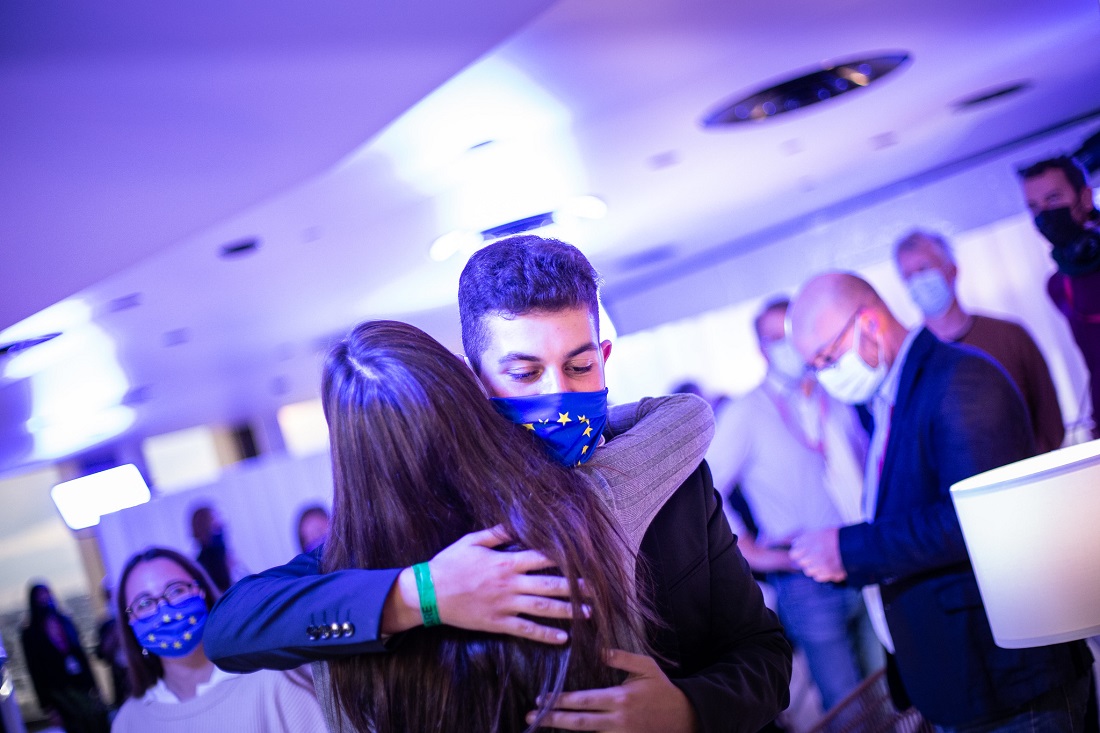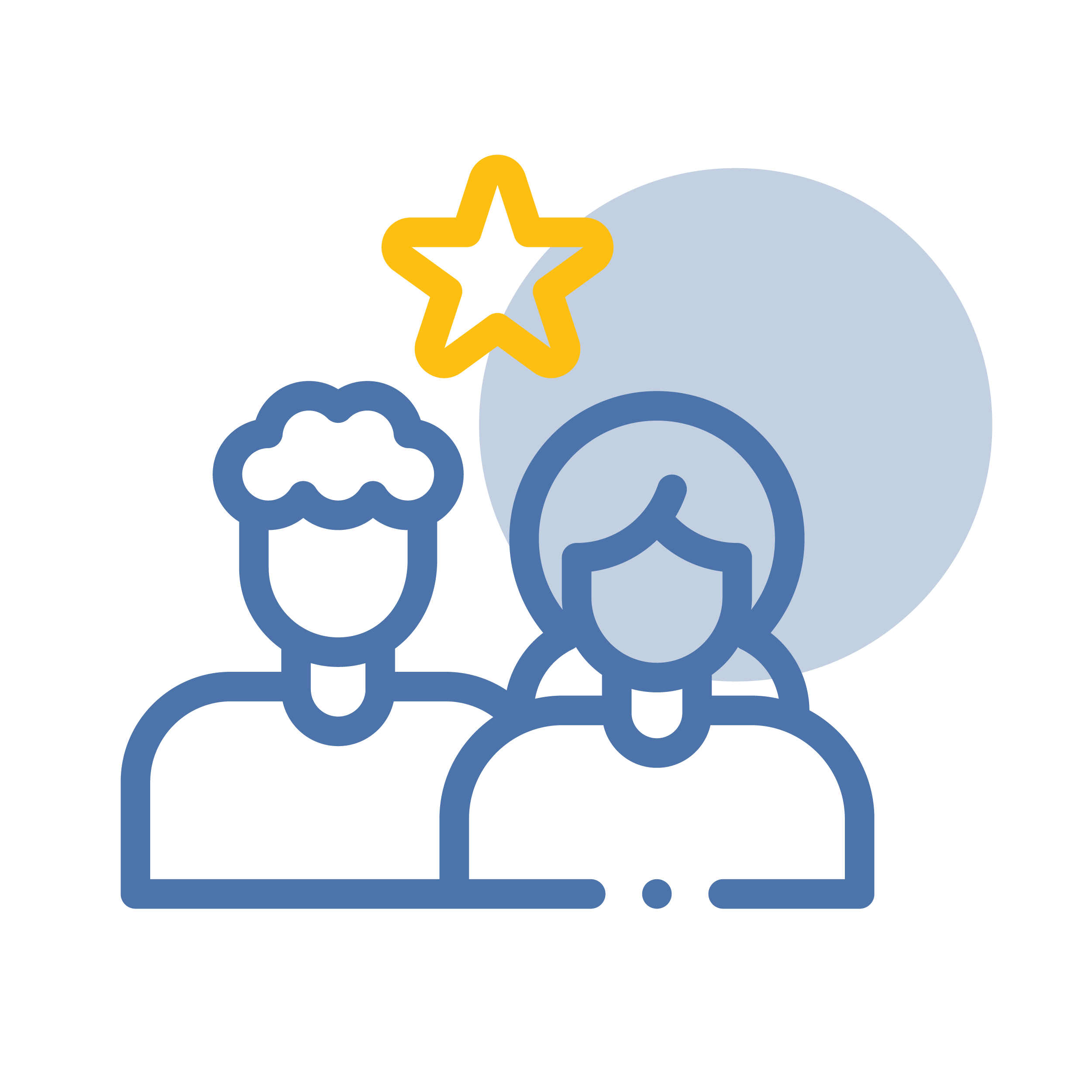Youth4Regions series - ep. 4: How we got out of our comfort zones - From Galicia to Youth4Regions and the EU Regions’ Week
- 19 Jan 2022

The Youth4Regions program is directly related to the EU Regions’ Week. It is a formative experience for young journalists, and it is also a very interesting opportunity from a professional point of view: it allows young journalists to connect with people with a similar vocation, interests and opinions about their own future and the future of the European project.
This year, I had the great privilege to take part on this program, which I consider to be very important not only for our individual future, but also for the future of European journalism. For me, this Week was a way to get out of my comfort zone: Youth4Regions has been a door to international and institutional journalism; a big first step-in our professional careers as young journalists.
From rural regions to the heart of Europe
The new generations have, of course, so much to say about everything that happens in Europe. We have a lot to say, and we want to be heard not only in our regions, but also in the heart of Europe.
Many of those who attended the events of the EU Regions’ Week came from big cities in which they reside: Berlin, Madrid, Lisbon, Paris… In short, large well-known, urban, and prosperous capitals. But many others came to Brussels from relatively little known and underpopulated regions such as Galicia (Spain), or even from non-EU countries. And here is what we must point out: this program allowed to tear down a barrier of inequalities between European regions. People from very different regions could take part on a project that aims to put citizens on an equal level, regardless of where they come from or other social and personal circumstances.
To know and to be known
For these people, travelling to Brussels and being part of the European Week of Regions, as well as the Youth4Regions program, meant not only tearing down this barrier, but also making themselves known individually and, of course, publicizing unknown projects in geographically distant regions. Precisely, that region I mentioned earlier, Galicia, is the region from where I come.
Over the past months, I have been preparing a video about an EU-funded funded project in a region where having children, starting a family or being a young entrepreneur is not easy. The project that I selected was Argalleiros, a nest house for children from 0 to 3 years old, an initiative that manages to keep people in rural areas and curb the demographic crisis, in one way or another. Argalleiros’ nest house travelled to the heart of Europe with me. And that is what truly matters, as its director, Silvia Saavedra, said to me: "If this project you are doing (Youth4Regions) gets to be seen by someone, somewhere outside here, it already means a lot for us as a region."
Argalleiros and Galicia travelled with me to Brussels to raise the awareness about what is happening in our region and what is Europe doing to tackle our problems.
And now, what?
Once the European Week of Regions and the Youth4Regions Program are over, we now must wait; we have to wait for the talksthat were held, the exchange of opinions carried out and the contacts created, to have an effective impact not only on our lives, but also on the future of the Europe we want. We want to see if cohesion policy, digital transition, green transition, and citizen engagement are real; the EU Regions Week was held in Brussels, but we need to get this Week to Vigo, to Hallstatt, to Bled… It has to get to every city and region, but also to everyone, including us, the youth, because we want to be part of this Europe.
Getting out of my comfort zone has meant a lot: I am glad to have learnt about journalism and about Europe, and I am also grateful for this opportunity. This week opened so many doors to my future and it reaffirmed my desire to ask, to learn, to discover stories, to meet new people and, in short, to be a journalist


